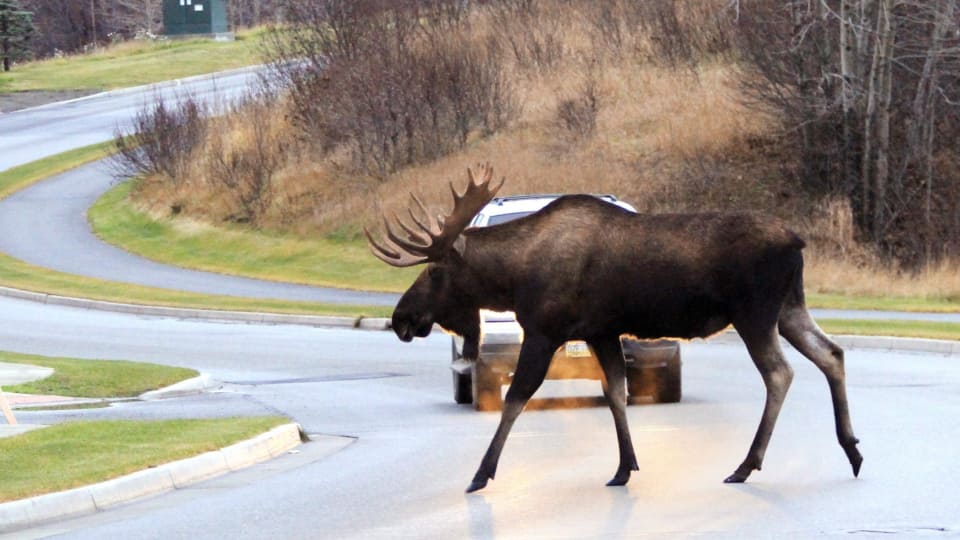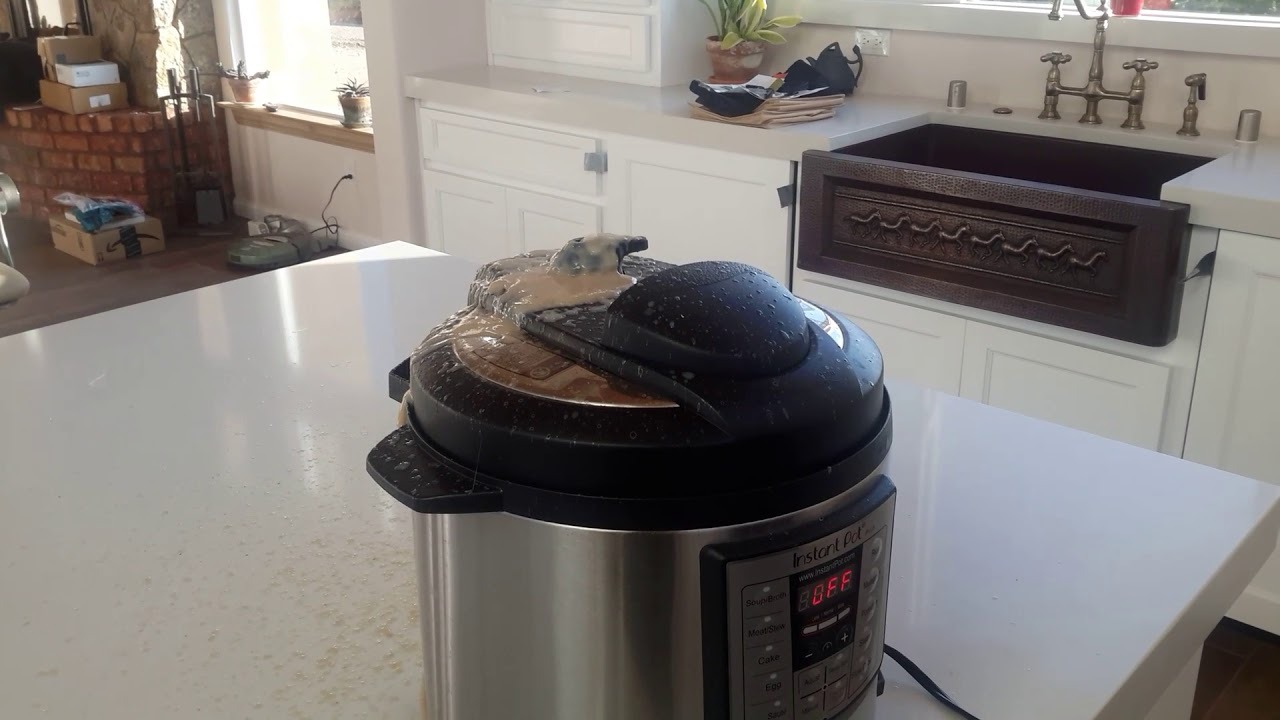
The adoption of a new policy, which aims to combat the illegal trade in ivory and products made from endangered or endangered animals, has led the Etsy.com online sales site to withdraw its platform displays works of art from Native Alaskan artists, who can legally use ivory in their creations.
Alaskan Senator Dan Sullivan asked the Etsy.com site general manager to review his policy and allow the state’s Aboriginal people to continue selling their products made from materials such as walrus tusks or Remains of petrified woolly mammoths discovered in this region of the United States.
Dan Sullivan said he supports the idea behind this policy to combat elephant poaching in Africa and India and encourages such efforts.
“However, your policy does not recognize the right of Alaskan Natives, who are authorized under federal laws, the Marine Mammal Protection Act, to work and sell ivory. walruses, teeth and bones of whales and all ivory not coming from elephants, “the senator wrote in a letter sent to the New York-based company.
The company did not respond to this missive, according to the spokesman for Senator Matt Shuckerow.
In an email to the Associated Press, Etsy said she could no longer allow Alaska Natives to sell animal products like ivory, but their accounts were still active.
We have updated our policies to reflect the globalization of our business and our community. With stricter global regulations for ivory and animal products, we can no longer accept such products made by Alaska natives in our markets.
Excerpt from an email written by Etsy
Subsistence, survival and cultural expression
Dan Sullivan has heard of this dispute from Aboriginal leaders and a handful of artists whose accounts have been closed, said Matt Shuckerow. In his letter, the honorable senator notes that Alaska Native people have been using animal products for sustenance, survival and cultural expression for thousands of years.
Marcu Gho, an Inuit living in Juneau, is one of the artists affected by this new policy. He sold gloves, keychains, scarves and works of art made from the fur of the sea otter for about five years before his products disappeared from his account last Thursday.
He says this gesture was made after he started a conversation last week with executives at Etsy about messages written by local artists in social media complaining about the problems this new policy is causing.
Mr. Gho says he was advised that his artwork would be made from otters living in the sea off the northern coast of Alaska. Part of this population is on the list of threatened animals, but this does not include otters from southeastern Alaska, according to the US Fish and Wildlife Service.
“In the past, we have allowed an exception for Alaska Native people,” an Etsy spokesperson wrote in an email to Marcu Gho. However, we are confident that we will not be able to make an exception for these products in our market in the future. Eliminating this exemption helps us develop a comprehensive policy that prohibits the use of endangered or threatened animals. ”
Marcu Gho claims to have explained the difference to the management of the company, to no avail. He says he is frustrated after this experience because he can not share a part of his culture. He also believes that this policy perpetuates a perception that Alaska Native people are barbarians.
“When they tell me that they do not think it’s okay to sell my work, it touches me personally,” says Gho.







